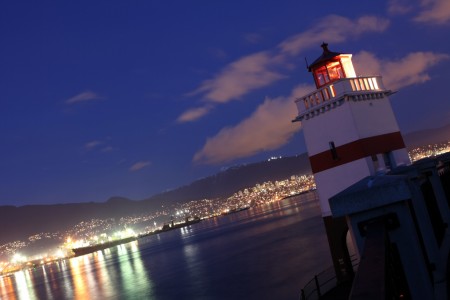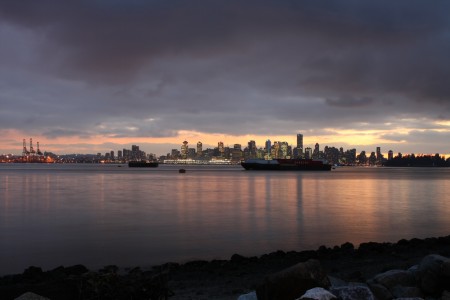
Even once you have reached agreement that there must be a cost associated with dumping greenhouse gases in the atmosphere, there are countless ways in which you can choose to do so. Many different instruments could be combined in many different ways.
Some argue that the simplest policy that corrects for the market failure is the best. I think there are multiple interlinked market failures, which require multiple policies to correct them.
If I had the power to dictate a climate policy for a developed state, it would look something like this:
1) Ban coal
Coal has no place in our energy future, given the terrible climatic effects that would result from burning the world’s massive reserves of the stuff. As such, no new coal-fired facilities should be allowed. Existing facilities should be subjected to the same carbon pricing mechanism as the rest of the economy, with no refunds, exemptions, or special treatment.
If someone wants to build a coal-fired facility that captures and stores its greenhouse gas emissions, they can be free to do so, provided:
- The firm pays the full cost for the equipment;
- They demonstrate that the technology is safe and environmentally effective;
- They continue to pay the market price for any greenhouse gas emissions not captured.
In practical terms, the demand for subsidies may be impossible to resist. At the very least, they should be directed towards research and demonstration projects, not towards commercial ventures.
2) Set a hard cap
This could be done in either of two ways. You could calculate the quantity of emissions likely to be produced by burning a unit of any particular fuel, then cap how much can be extracted or imported. Alternatively, you could require permits for the emission of greenhouse gases and only sell a set number.
Some intermediate system could also be possible: with fuels capped upstream and certain emission-generating activities capped at the point of emission (such as cement production). The important thing is that the cap should include all activities that occur within a country, and which lead to greenhouse gas emissions. This would also include things like land use changes, as well as the emissions embedded in imports. The latter should be addressed with a carbon tariff applied at the border. This could be waived in the case of imports from states that have robust carbon pricing systems of their own.
To get the level for the cap, you would start by choosing an overall temperature target (such as keeping the increase to less than 2°C), then work out a fair way to distribute the global cap that generates between nations. Some kind of contraction and convergence approach would likely be the most fair, with emissions in rich states falling soonest and fastest, but with everyone eventually reaching carbon neutrality.
3) Auction all permits
The revenue from the production/import/emission permits should be used in several ways. Firstly, some should be recycled back to taxpayers. In the event that refunds are granted for children, the level of the benefit should be capped at two per family, as an incentive to constrain population growth in emissions-intensive societies.
Some of the income should be used for basic research into low-carbon technologies, including renewable forms of energy, air capture of greenhouse gases, etc. Some could also be used for feed-in tariffs, to encourage the deployment of zero-carbon forms of energy.
4) Establish rising floor prices for transportation fuels
Fossil fuels were never going to last forever, and volatility in their prices leads to inefficiency and other problems.
As such, the government should set minimum prices for transportation fuels including diesel and gasoline. These should rise predictably over time. In the event that market prices are above the minimum, market prices would prevail. If those fall below the mandated minimum, the government would collect the difference.
The funds that accumulated would go into a fund from which payments would be made to all citizens, without ever drawing down the principle. That way, future generations will benefit from the bounty of fossil fuels, even if they live long after we’ve stopped using them.
5) Coordinate with other policies
Even all together, these approaches might not be sufficient to drive society aggressively in the direction of carbon neutrality. They could be supplemented with additional policies, as the effect of those already enacted becomes clearer. Also, the rate at which the overall cap is tightened could be increased or decreased, as necessitated by improved understanding of climate science or economics. Other policies and incentive schemes may well be necessary to ensure that the costs of complying with the declining cap do not become excessive. These would include support for research and international cooperation on zero-carbon energy projects.
Other existing policies that promote high emissions should be scrapped, such as subsidies to fossil fuel producers or emissions-intensive industries. Climate change must also be taken into account when making policy in areas like urban and transportation planning.
It would also be appropriate to participate in international efforts in areas like climate change adaptation and preventing deforestation.






